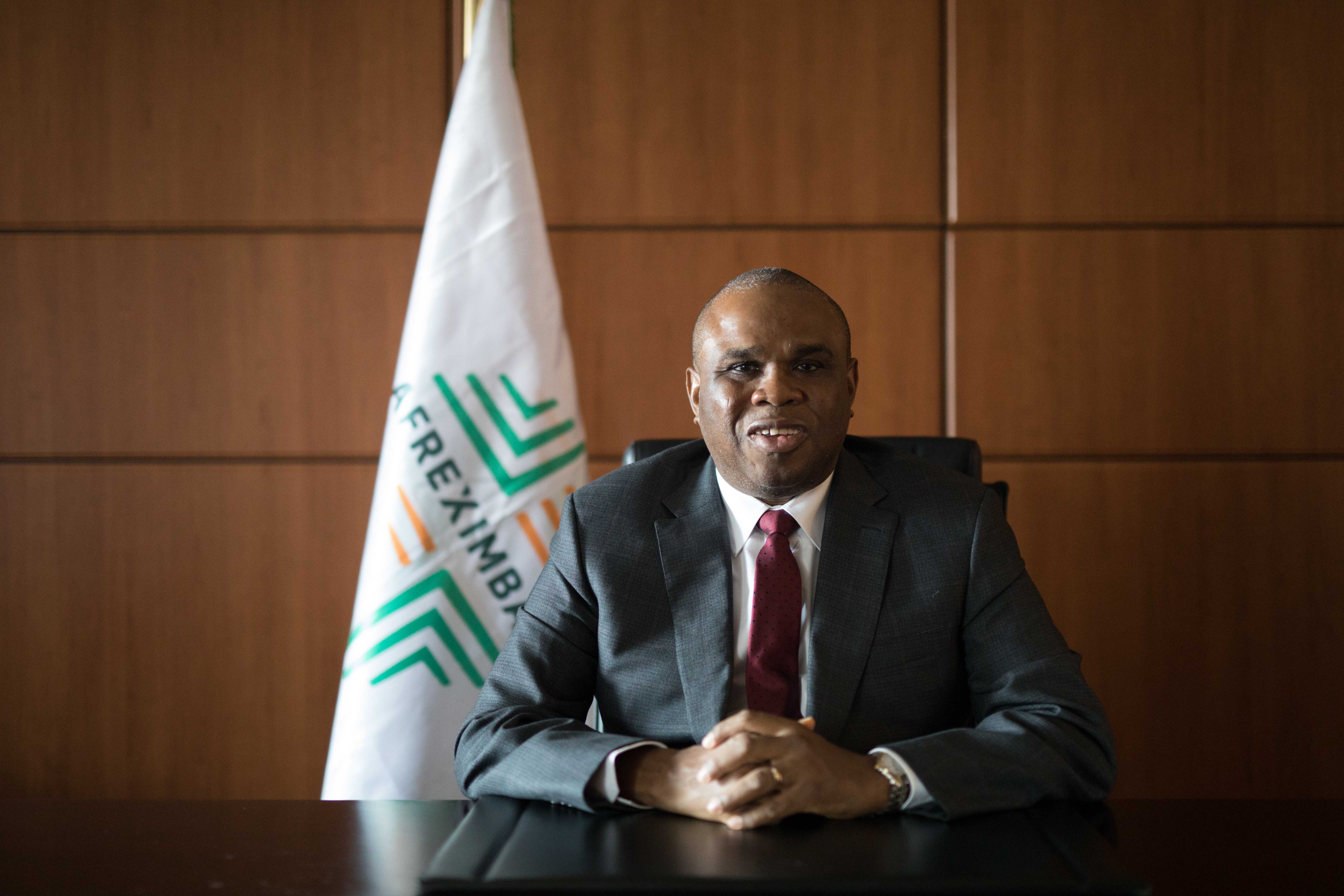Volatile prices of fuel and gas are hurting consumers and businesses, and while we can look at this difficult time as simply that — difficult — we can also look at it as a turning point for clean energy and an opportunity for the accelerated adoption of electric vehicles (EVs) and EV culture and the electrification of Egypt’s mobility sector as a whole.
29
As with any major advances or changes to a nation’s lifestyle, the fear of the unknown — given that there are only 380 EVs registered in the country as of February 2022 according to a report by the Egyptian Group for Compulsory Vehicle Insurance — has led to a lot of uncertainty and anxiety.
However, it is important to note that people’s hesitancy around EVs is multifaceted, and in order to further strengthen Egypt’s EV revolution and boost the utilisation of EVs for the average consumer, there are vital elements and misconceptions that must be dealt with.
Currently, the biggest concern among the EV-curious is charging convenience, which has somewhat skewed their decision-making due to range anxiety — the idea that EV batteries will not last long enough between the occasional EV-charging station and are unable to take long journeys. In truth, the latest advances in battery technology have actually extended their range to more than 300km, making the true challenge the development and expansion of sufficient EV-charging station infrastructure.
For consumers to switch to EVs, they must have the confidence and knowledge that they will run into a charging station as often as they would with a traditional gas station.

Egypt’s preparations for the transition to e-mobility have seen EV-charging stations grow exponentially in just a few years, with EV charging stations to reach 3,000 by the end of 2023, and, as part of its electrification strategy, Egypt is also aiming to produce the first electric vehicle by next year.
From a financial perspective, consumers tend to believe that there is a large trade-off between saving the environment and saving money, particularly within the current business climate, as even traditional auto sales have plummeted, but EVs come with great savings in operation and fuel costs.
This will become even more prevalent as the government accelerates its strategy to increase locally produced green energy with the expectation of lowering energy prices and international studies revealing that even with rising electricity and energy prices, EVs remain the most cost-effective choice over time.
On that note, we must continue to encourage the government to develop more incentives and financial schemes to support Egypt’s EV revolution by, for example, subsidising or standardising the sales of EVs for both the average consumer and to businesses.
Electrification will play an important role in transforming the mobility industry and reducing the burden of rising fuel prices on the average citizen. To accelerate the widespread use of e-mobility and EVs, launching new EVs into the market is a vital step as well as alleviating the anxiety around EVs.
In the next three years, Mansour Automotive plans to locally assemble/manufacture affordable EVs in Egypt. We also introduced high-end EVs to Egypt during the recently concluded UN Conference of Parties on Climate Change (COP27) that was held in Sharm El-Sheikh in November, in which Mansour was the exclusive mobility principal partner and provided 150 EVs — including electric Cadillacs, which will be available in Egypt by the end of next year — for the conference as part of its agenda to reduce the event’s carbon emissions.
There is no way around stating that the transportation sector needs to build its capacities to transition to electric modes of transport, particularly as the global energy crisis and inflationary pressures have led to skyrocketing prices of traditional fuel. However, we feel that this transition will enable Egyptians to save money, protect the environment, and progress as a nation.
* Ankush Arora is the CEO of Mansour Automotive


